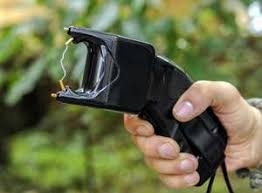Earlier this month, a state appellate court issued a written opinion in a New York manslaughter case discussing whether the evidence presented by the prosecution was legally sufficient to sustain the defendant’s conviction for manslaughter. Ultimately, the court concluded that the jury’s decision to convict the defendant, given the evidence, was proper. Thus, the court affirmed the conviction.
According to the court’s opinion, the defendant was a board-certified doctor in anesthesiology and pain management. The defendant operated a practice in Queens, which the prosecution characterized as a “pill mill” in which the defendant would see patients complaining of pain and prescribe medication without verifying the source of the pain or ordering any diagnostic tests. The defendant only accepted cash and charged extra for higher doses of opioid medication.
Two of the defendant’s patients died while overseas, from a combination of oxycodone and alprazolam. Both men filled prescriptions, written by the defendant, for these medications shortly before their death. Pills containing both medications were found on the men’s bodies after their death.
 New York Criminal Attorney Blog
New York Criminal Attorney Blog


